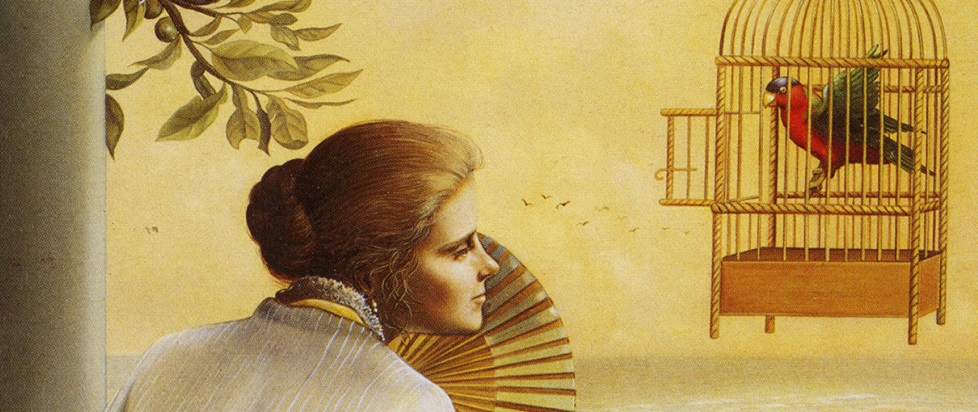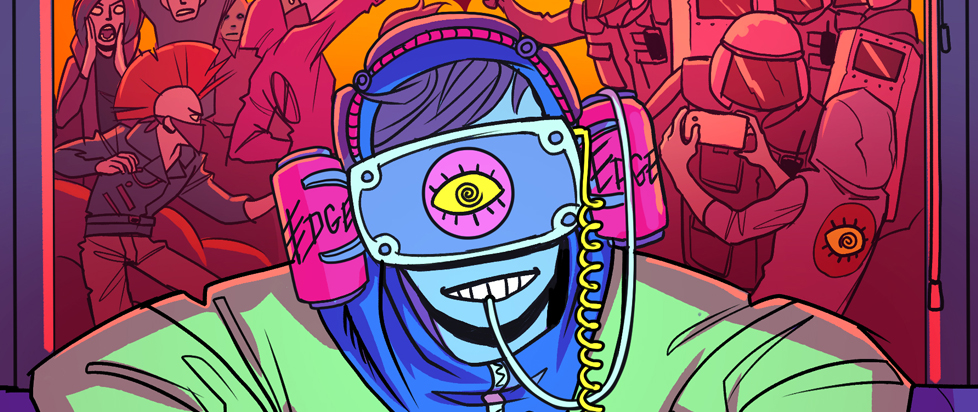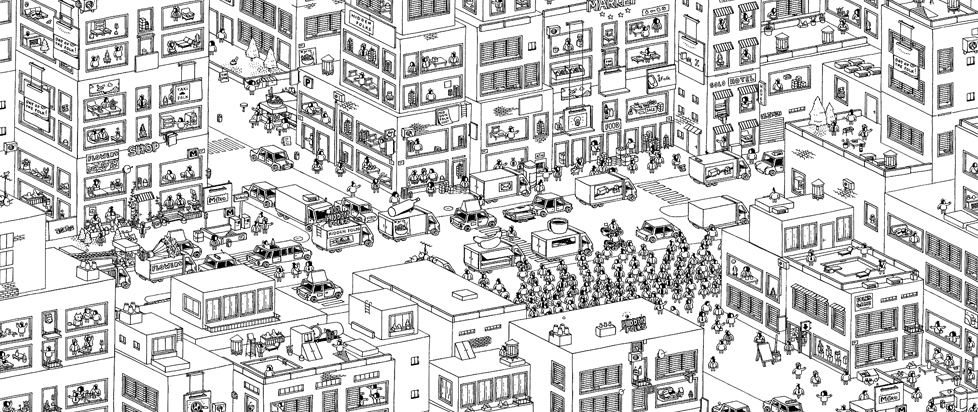
Resolution State
 This column is reprinted from Unwinnable Monthly #108. If you like what you see, grab the magazine for less than ten dollars, or subscribe and get all future magazines for half price.
This column is reprinted from Unwinnable Monthly #108. If you like what you see, grab the magazine for less than ten dollars, or subscribe and get all future magazines for half price.
———
Revisiting stories, old and new.
———
It was in high school, reading Romeo and Juliet, that I first encountered that every story in literature has one of two endings: marriage or death, comedy or tragedy, reproduction or annihilation. I’ve traced the edges of this idea for years, trying in particular to make sense of how stories deal with transgressive characters, and why so many stories like Kate Chopin’s The Awakening seem unable to offer anything but a tragic end for their heroes.
On some level, the tragic/comic bifurcation of literature is a harder argument to sustain now than it once may have been. If tragedy is concerned with the inevitable fate of the individual as an individual, and comedy with the foibles and propriety of social reproduction, then many of our contemporary stories tend to ignore the former and take the latter for granted. The social realism for which The Awakening is lauded dictates that there be no easy resolution for Edna Pontellier’s dissatisfaction with the social roles available to her — conventionally acceptable wife and mother, or socially isolated eccentric. Edna’s refusal to accept these roles is heroic, but it comes at the cost of her life. The stakes are quite literally marriage or death. Conform to the socially acceptable reproductive unit, or perish.
If the women in Jane Austen’s novels were hyper-aware of social restrictions and mores because they were always on the very edge of falling out of the gentry (a particularly precarious situation when the working class was largely not a viable option for most women — again, marry or starve), then too many of our contemporary comedies seem to insulate their characters from even the possibility of the loss of their unrealistically spacious downtown apartments. If there’s a resolution state for many of our stories — not comedy or tragedy, but drama – it’s neither social reproduction nor the annihilation of anti-social hubris, but the survival of the individual as a recognizable self. This is the figure of the hero riding into the sunset, neither married or wed, but alive and triumphant. The romantic leads may end up together, but the story can (and frequently does) carry on without one or both of them in the following installment. (If this is liberation — and I’m not sure that’s really what is going on — it comes at the cost of interchangeability. One inviolable self is as good as another.)
And what of the stories that don’t end, or, like most videogames, stories where the ending is an afterthought, an optional part of the experience? Serial storytelling is not particularly amenable to endings, and to be perfectly cynical, death is bad for the franchise. Killing Han Solo didn’t do any favors for the standalone Solo film (which, to be fair, seems not to have done any favors for itself), and no matter how many super villains he faces, the only thing that will ever kill James Bond is audience indifference.
[pullquote]Can there even be a story without an ending? Have we allowed our storytelling to degrade into a haze of deferment and disappointment?[/pullquote]
Can there even be a story without an ending? Have we allowed our storytelling to degrade into a haze of deferment and disappointment? (Would it have been better for LOST to end on a cliffhanger rather than the halfhearted, tacked-on revelation that the island was a sort of purgatory, well, maybe not at the beginning but eventually, but everyone was dead, we’re pretty sure, maybe even before they died again. Probably. Almost definitely.)
Death in a videogame is a temporary setback. (Even “permadeath” is rarely a resolution state, even for the narrative.) Death on a TV show is a contract negotiation. Death in a comic book is a joke. This has a lot to say about our media consumption habits, but it has something to say about us as well.
Part of the myth of American exceptionalism is that American culture is the end state of historical development. (This idea can be traced through Western colonialism in which dominion was justified by the idea that subjugated societies were less developed and thus, in fact, benefited from colonial governance.) If culture is teleological, then reproduction isn’t really an issue—that is, culture isn’t a thing contingent upon each cultural unit (individual, family, clan, etc.) and the re-generation of the relationship of that unit to the culture as a whole. If culture is the result of a process of historical development, then the danger is regression. Culture is not a thing to be reproduced (regenerated, reinterpreted), it is a thing to be preserved or ruined.
(They are ruining our comics, they say. They are ruining our videogames.)
We all die. We all play a small part in recreating our mad, beautiful, contingent culture which will carry on without us, one way or another. A persistent, recognizable self is not part of the long-term equation. We do well to remember this.
———
Gavin Craig is a writer and critic who lives outside of Washington, D.C. Follow him on Twitter @CraigGav.




